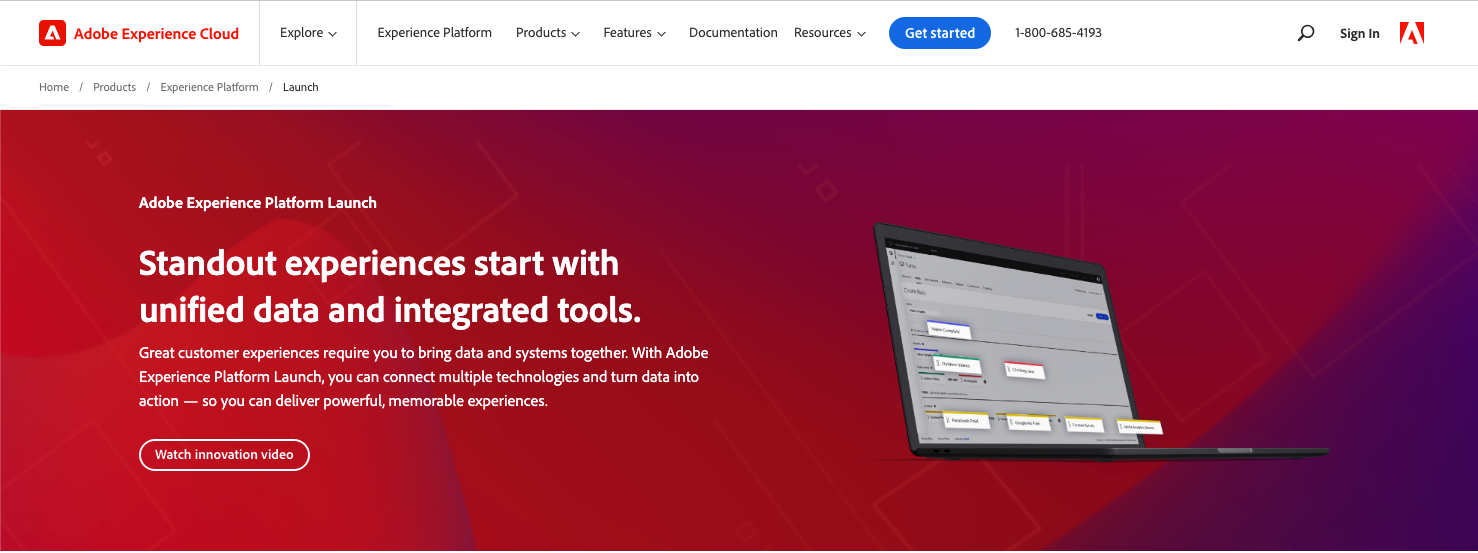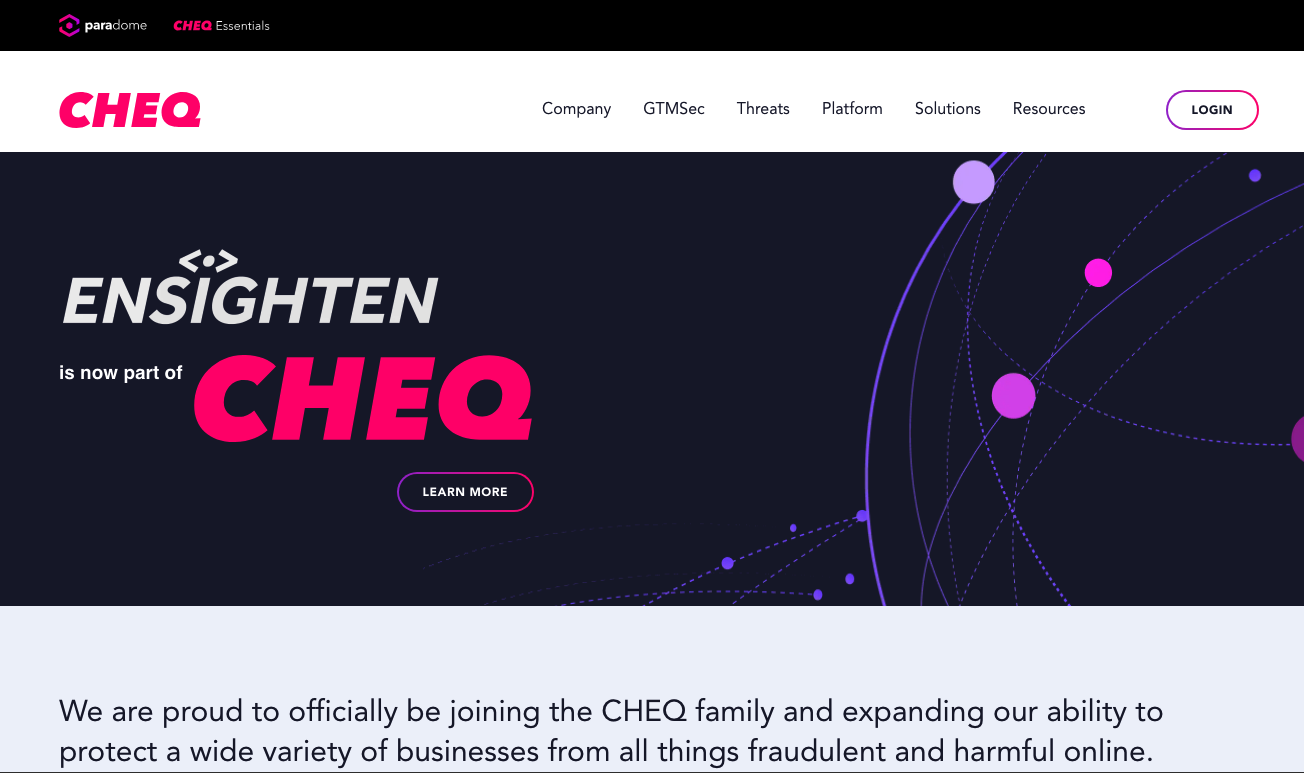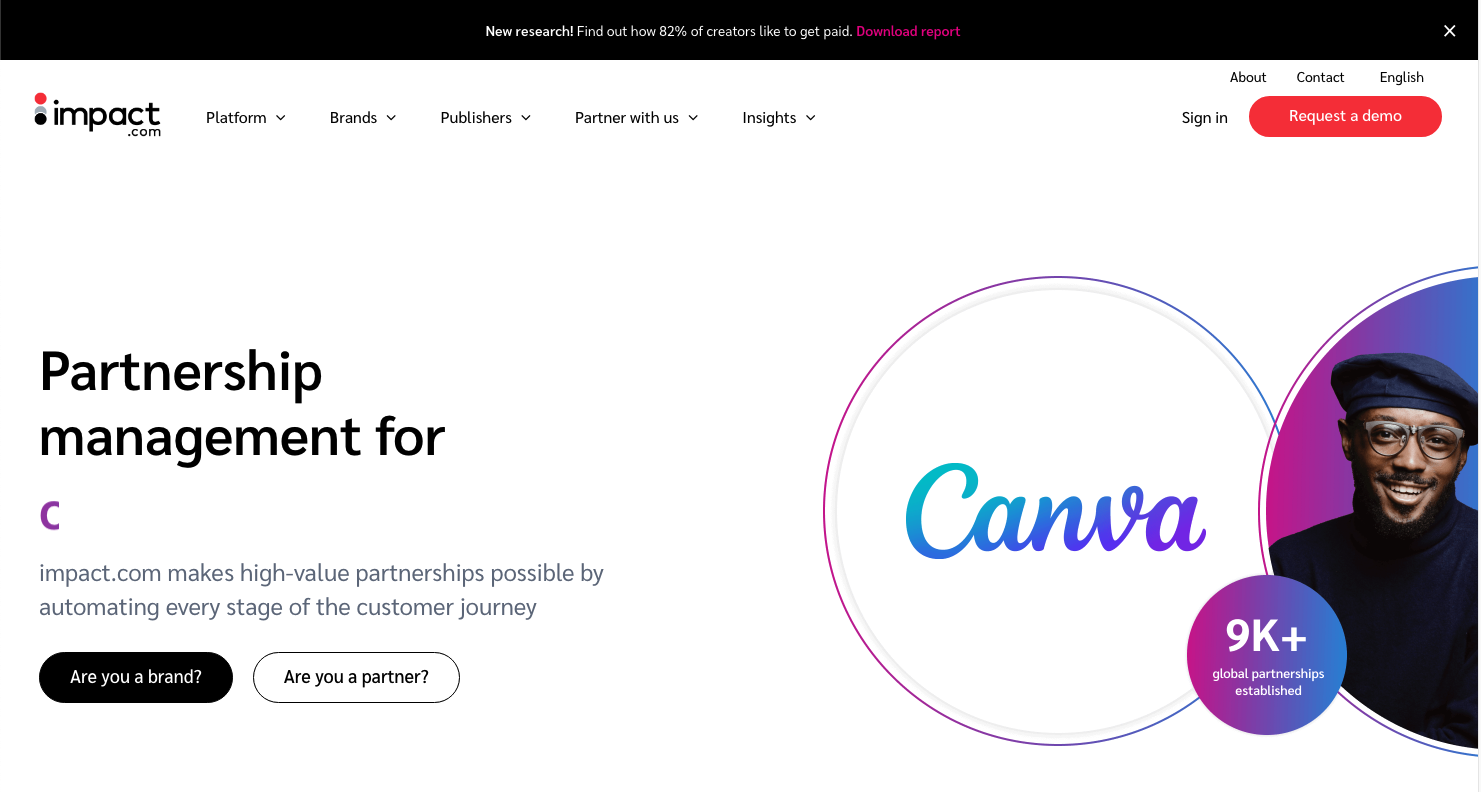Google Tag Manager (GTM) is one of the most established and popular tag management solutions on the market, but it’s not the only player.
New players have entered the market, offering great tag management solutions that are on par or maybe even better than GTM.
Before we go into other tag management solutions, let’s go through what a tag management solution is, what they do, and the pros and cons of Google Tag Manager.
What Is A Tag Management Solution?
A tag management system (TMS) is software that can be used to manage tracking tags used in digital marketing.
Tags are used to both measure and optimize your website.
What Does A Tag Management Solution Do?
A tag management solution simplifies the management of digital marketing deployments and consolidates data sources to facilitate timely and personalized interactions.
According to Google, it’s easy to have redundant or incorrectly applied tags, which can distort your measurement and result in duplicate costs or missing data.
With a TMS solution, you can eliminate these problems and run your campaigns when needed.
What Are The Pros And Cons Of Google GTM?
Pros
- Google Tag Manager is free and easy to implement. There is also documentation that can be found online from Google, blogs, social media, etc., that can help you set up GTM.
- GTM reduces errors since you’re managing tags in one interface.
- Quick deployment: Using GTM, digital marketers can quickly deploy and update tags, saving money and time without relying on dev.
- You can also maintain version control, return to previous versions if needed, and manage different versions of your tags.
- You can check for errors using preview mode and debug console to help identify and resolve issues before deploying tags to the live site.
- Third-party integrations: GTM seamlessly integrates with various third-party tools and platforms, making managing multiple marketing tags from a single interface easier.
Cons
- GTM can be a little technical, and if you don’t have a technical background, it may be difficult to set up. Understanding its concepts, data layer implementation, and tag configuration still requires some learning.
- GTM uses JavaScript; if a user has JavaScript disabled, some tags may not fire correctly.
- Potential for errors if it is not set up properly, including misconfiguration, or accidental tag deployments, which can harm tracking and data accuracy.
- Limited customization.
Alternative TMSs (Tag Management Solutions)
1. Tealium
 Screenshot from Tealium, July 2023
Screenshot from Tealium, July 2023Tealium is a software company specializing in tag management and customer data platforms (CDPs). It provides solutions that enable organizations to collect, manage, and leverage customer data across various digital touchpoints.
At its core, Tealium offers a tag management system (TMS), which simplifies the process of deploying and managing various marketing and analytics tags on a website or mobile app.
These tags are snippets of code that are embedded in web pages and collect data about user interactions, such as page views, clicks, and conversions.
With a TMS like Tealium, marketers and analysts can easily add, edit, and remove tags without requiring direct involvement from developers, which streamlines the tag implementation process.
2. Adobe Experience Platform Launch
 Screenshot from Adobe Experience Platform Launch, July 2023
Screenshot from Adobe Experience Platform Launch, July 2023Adobe Experience Platform Launch, often simply referred to as “Launch,” is Adobe’s next-generation tag management system. It allows developers to deploy and manage all the analytics, marketing, and advertising tags necessary to power websites and mobile applications.
A tag management system like Adobe Launch helps companies manage these pieces of code in a more efficient and organized manner.
Adobe Launch is part of the Adobe Experience Cloud, a suite of marketing, analytics, advertising, and commerce solutions. The Adobe Experience Platform integrates these solutions and allows for a seamless exchange of data across them.
With Adobe Launch, developers can integrate and manage tags from any vendor, not just Adobe. The platform also supports a rules-based system, allowing developers to control when and how individual tags are fired.
3. Ensighten
 Screenshot from Ensighten, July 2023
Screenshot from Ensighten, July 2023Ensighten is a global cybersecurity and data privacy company specializing in client-side website security and privacy compliance enforcement. It is best known for its flagship product, the Ensighten Privacy product suite, which provides a comprehensive data privacy and security solution.
Here are some of the key offerings from Ensighten:
- Tag Management: Ensighten’s tag management system helps organizations manage and deploy analytics, advertising, and marketing tags across their websites. This improves site performance and ensures a seamless user experience.
- Website Security: Ensighten offers security solutions to protect websites from client-side attacks such as formjacking, Magecart, cross-site scripting, and data skimming.
- Privacy Compliance: Ensighten helps organizations meet data privacy regulations such as GDPR, CCPA, etc. Its tools allow businesses to manage customer consent and maintain comprehensive privacy compliance.
4. Impact Radius
 Screenshot from Impact Radius TMS, July 2023
Screenshot from Impact Radius TMS, July 2023Impact Radius TMS is a software platform that provides a centralized solution for managing and deploying various tracking tags and pixels used in digital marketing campaigns.
It helps advertisers and marketers streamline their tag management processes and improve the efficiency of their digital marketing efforts.
TMS solutions like Impact Radius simplify the process of adding, editing, and removing tracking tags on websites or mobile apps without requiring manual code changes.
Instead of relying on developers to implement and update tags, marketers can use the TMS interface to manage tags, reducing the dependency on technical resources and minimizing the risk of errors or delays.
Impact Radius TMS offers features such as:
- Tag deployment and management: It allows users to add, modify, or remove tracking tags across various digital channels, including websites, mobile apps, email campaigns, and more. This ensures accurate data collection and tracking for marketing analytics and attribution purposes.
- Rule-based tag firing: Users can define rules and conditions for when specific tags should be triggered or fired, enabling more precise targeting and tracking based on user behavior or other criteria.
- Tag performance monitoring: The TMS provides insights into tag performance, including tag load times, errors, and other metrics, helping users identify and resolve issues quickly.
- Vendor and tag governance: It allows users to manage and control the vendors and tags used across their digital properties. This helps maintain compliance, security, and data privacy standards.
- Data privacy and consent management: With increasing data privacy regulations, TMS solutions often include features to manage user consent and ensure compliance with laws like the General Data Protection Regulation (GDPR) and the California Consumer Privacy Act (CCPA).
Overall, Impact Radius TMS and other similar platforms simplify the process of managing tracking tags, providing marketers with greater control, flexibility, and efficiency in their digital marketing campaigns.
Tag Management Solutions And The Benefits For SEO
TMS solutions can be beneficial for SEO in the following ways.
Enhancing Website Performance
TMS helps optimize website performance by allowing you to manage and control the implementation of various tags, such as tracking codes, analytics scripts, conversion pixels, and other marketing tags.
By centralizing tag management, TMS reduces the risk of tag-related errors and improves page load times, an important factor for user experience and a small ranking factor.
Flexible Tag Deployment
With TMS, you can easily deploy and update tags across your website without requiring manual code changes.
This flexibility allows you to respond quickly to SEO requirements, such as implementing new tracking codes, adding schema markup, or optimizing meta tags. By streamlining tag deployment, you can efficiently execute SEO strategies and experiments.
Control Over Tag Governance
TMS provides a centralized platform where you can manage and control the tags on your website.
This control helps ensure that only authorized tags are implemented, reducing the risk of unauthorized or outdated tags that may negatively impact SEO.
TMS allows you to maintain better governance over the tags, ensuring compliance with SEO best practices and preventing potential issues like tag bloat.
Improved Data Accuracy
TMS solutions typically offer robust tag testing and debugging features. These features help you verify that tags are firing correctly, tracking data accurately, and gathering the necessary information for SEO analysis.
By ensuring data accuracy, TMS enables you to make informed SEO decisions based on reliable information.
Enhanced User Experience
TMS can improve user experience by optimizing website performance, reducing page load times, and ensuring smooth navigation.
A well-optimized and fast-loading website can improve engagement metrics, such as bounce rate and time on site, positively impacting SEO.
Seamless Integration With SEO Tools
Many TMS solutions integrate with popular SEO tools like Google Analytics, Google Tag Manager, and other SEO platforms.
This integration allows you to leverage the power of both TMS and SEO tools, enabling seamless data sharing, enhanced reporting, and streamlined optimization efforts.
Wrapping Up
There are many tag management solutions on the market that are cost-effective, save time, and are easy to manage, execute, and deploy.
While TMS solutions offer various benefits for SEO, they are just one component of an overall SEO strategy.
They should be used in conjunction with other SEO best practices to achieve the best results.
More resources:
- Google Tag Manager: A GA4 Beginners Guide
- How to Set Up Google Tag Manager for Better PPC Tracking
- 10 Great Google Analytics Alternatives
Featured Image: eamesBot/Shutterstock





